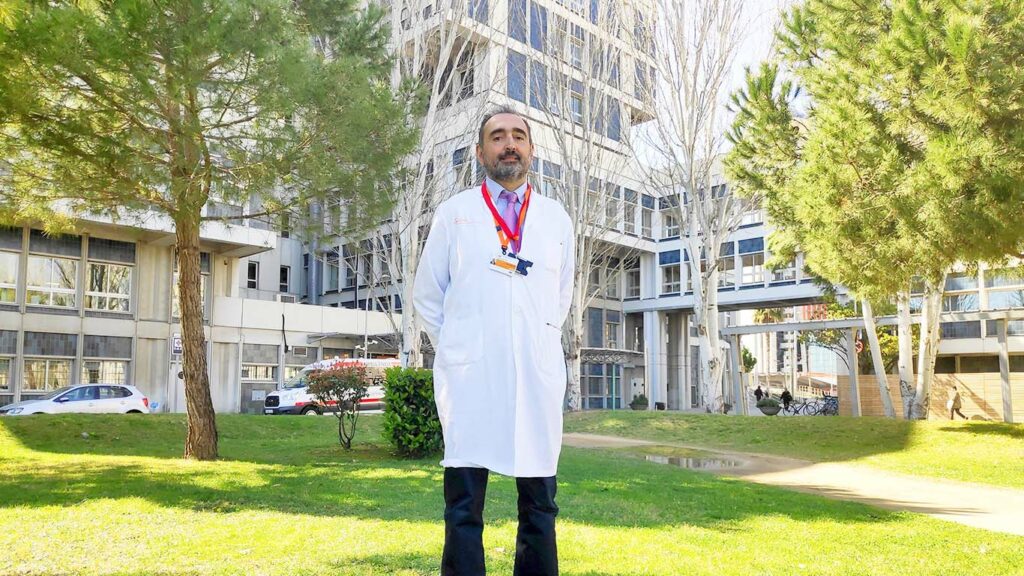Oncolytic viruses are viruses genetically modified to recognize and attack tumor cells. It is innovative immunotherapy with a promising future in cancer treatment. In this line, phase 1 clinical trial results have just been published and show the safety of the oncolytic virus VCN-01 and encouraging preliminary results of its antitumor activity.
The multicentre study was led by Dr. Ramón Salazar, group leader at the Bellvitge Biomedical Research Institute (IDIBELL), the Catalan Institute of Oncology (ICO), the University of Barcelona, and a member of the Center for Biomedical Research Network of Cancer (CIBERONC) shows that intravenous administration of the virus has no significant adverse effects. Only some patients present fever or flu-like symptoms that end up reversing.
Despite recent advances, the prognosis for patients with pancreatic cancer is still poor, with a median survival of less than a year. In this clinical trial, published in the Journal of ImmunoTherapy of Cancer, it has been studied the efficacy of the oncolytic virus combined with the standard chemotherapy in patients with advanced pancreatic cancer. Preliminary results show that the virus can reach primary tumors and metastases, is active, and increases the activity of the immune system against tumors.
“The data obtained in this clinical trial show the safety and potential of immunotherapy with the VCN-01 virus -says Dr. Salazar-. These data have already been reviewed, and a phase 2 clinical trial would begin during the second half of 2022“.
VCN-01: an enhanced oncolytic virus
The use of oncolytic viruses in advanced cancers with metastases forces intravenous administrations because it allows the virus to reach all locations. This type of administration has certain limitations, since, on the one hand, filtering in the liver or spleen reduces the availability of the virus, and, on the other, it increases the chances of unwanted side effects.
The VCN-01 virus, owned by the company VCN Biosciences, a start-up that emerged from IDIBELL, addresses these limitations through two key genetic modifications. First, it expresses a surface protein that prevents virus retention in the liver and directs it towards the tumor. In addition, it expresses an enzyme that degrades the tumor extracellular matrix, facilitating the spread of the virus through and the action of the immune system.
This study has had the collaboration of the Catalan Institute of Oncology, the Bellvitge University Hospital, the October 12 University Hospital, the Clara Campal Comprehensive Oncology Center, the Valle d’Hebrón Institute of Oncology (VHIO), Ramón y Cajal Hospital, National Cancer Research Center (CNIO), Pompeu Fabra University.
The Bellvitge Biomedical Research Institute (IDIBELL) is a biomedical research center created in 2004. It is participated by the Bellvitge University Hospital and the Viladecans Hospital of the Catalan Institute of Health, the Catalan Institute of Oncology, the University of Barcelona and the City Council of L’Hospitalet de Llobregat.
IDIBELL is a member of the Campus of International Excellence of the University of Barcelona HUBc and is part of the CERCA institution of the Generalitat de Catalunya. In 2009 it became one of the first five Spanish research centers accredited as a health research institute by the Carlos III Health Institute. In addition, it is part of the “HR Excellence in Research” program of the European Union and is a member of EATRIS and REGIC. Since 2018, IDIBELL has been an Accredited Center of the AECC Scientific Foundation (FCAECC).

